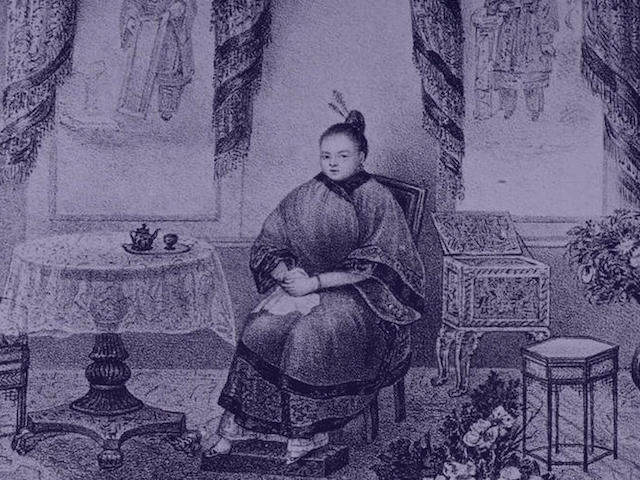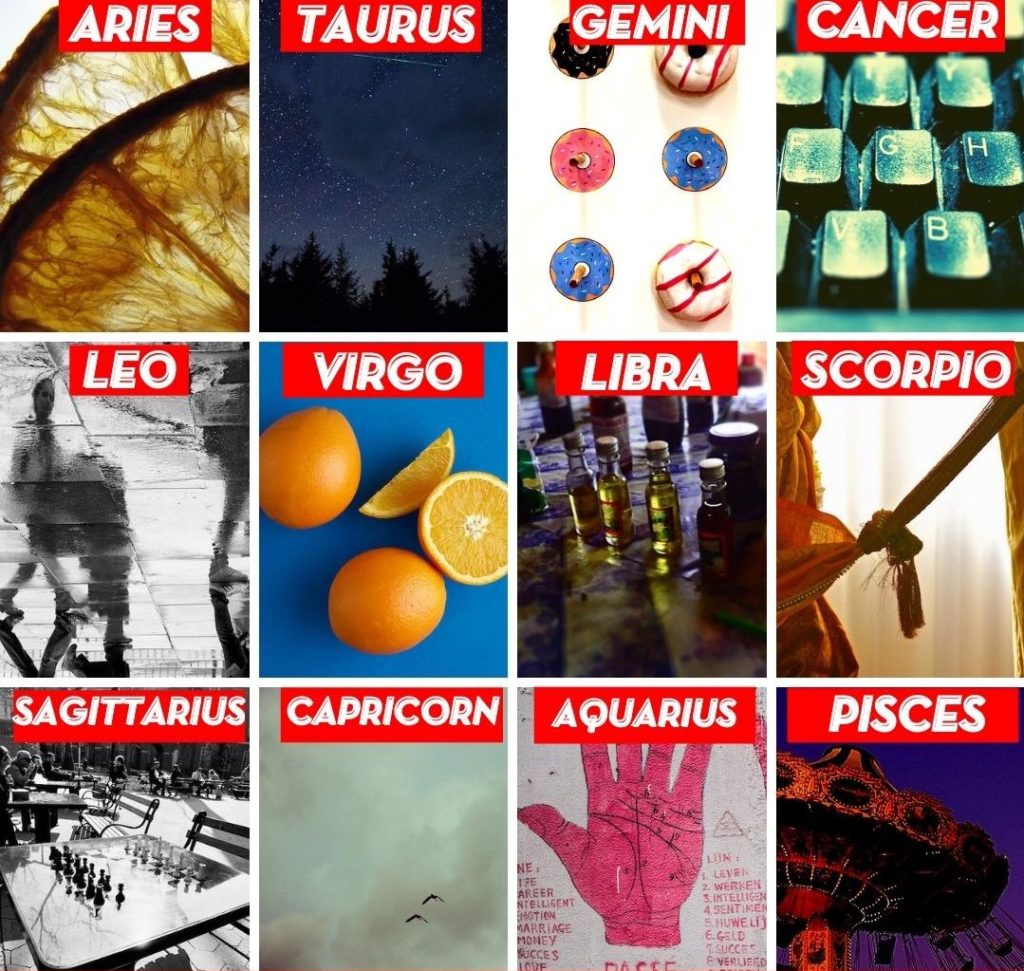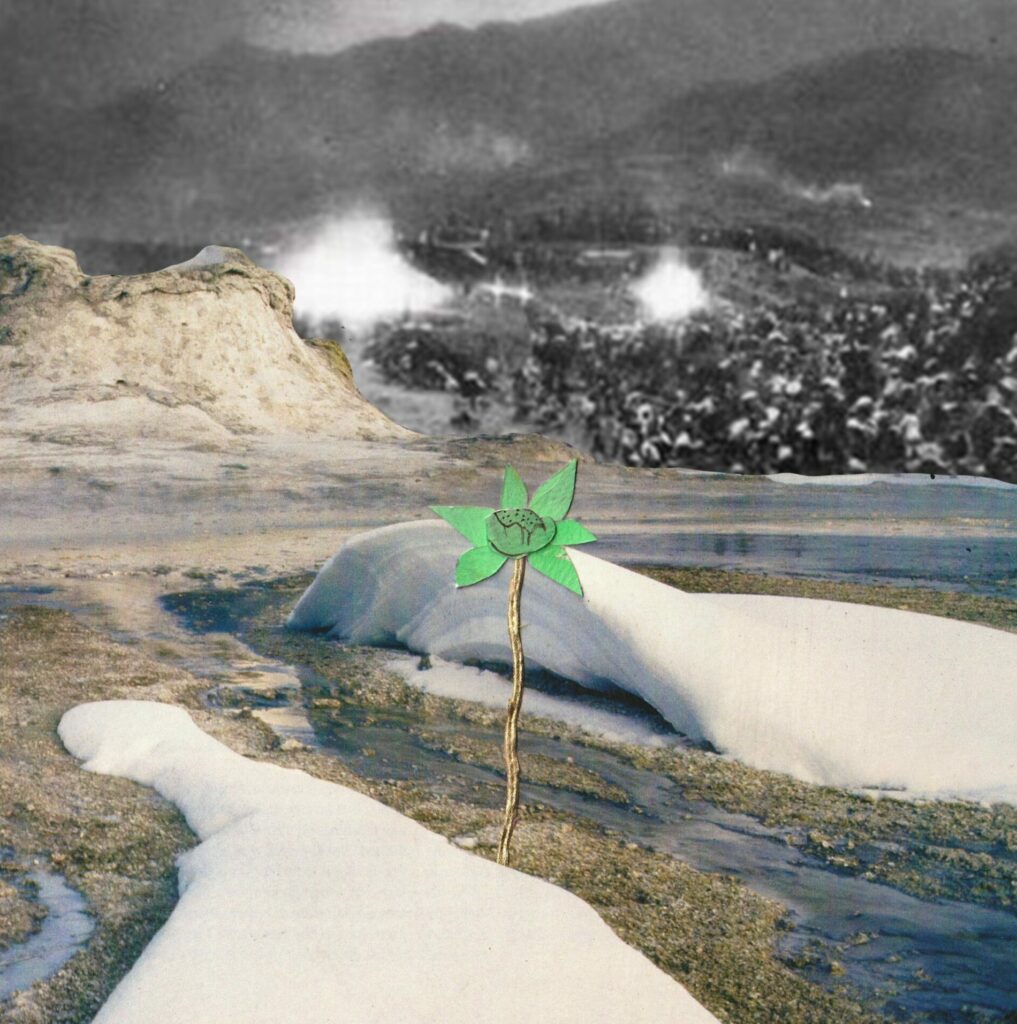They thought me the oddity, though they were the ones depriving themselves of air. I watched them with the same curiosity that they watched me. How? And why?

December 18, 2020
October 1834, they listed me as Auphmoy on the ship from Guangzhou to New York. It wasn’t right, but neither was what they changed it to. Still, I stayed Afong Moy forever after that. It was a better fate than the girl who came along to care for my feet; she never received a name at all.
My feet, my feet, my feet. They were supposed to mark me for comfort and prosperity, a life without labor, decided upon early and worked over by my mother, bending four toes under my sole and daily cleansed and rewrapped, meant to be tended to for a lifetime. But then I was sent to America, hence the one who came with me; only other women knew how to wrap and unwrap, to bind and unbind. Only women knew how to break bones and let them heal.
What men knew was objects. For eight hours a day in America I sat on a cushion beneath a canopy, surrounded by porcelain vases, hanging lanterns, octagonal tables made from bamboo, all for sale from the brothers who brought me here. Watch her eat with chopsticks! they said. Watch her sip her tea! Watch her walk on her miniature feet, so delicate you’ll be disgusted. My feet weren’t for sale, but the chopsticks and the teacups were, and I sold them without trying. Without wanting to.
Her feet! Her feet! They paid fifty cents each to watch me walk on them. Three inches, which they called four, and they thought it came from an iron shoe, knowing nothing of the daily practice, the diligent binds. I was unmarried and insisted upon having my hair combed and gathered into a bun atop my head, no hairs on my forehead. The women who came to watch could have had a hundred husbands, waterfalls of ringlets spilling onto their shoulders and chest, looped braids knotted behind their back.
At first, I was like the model demonstrating the use of the objects; see, you put the teacup on the saucer like so, you hold a grain of rice between two sticks like this. It was boring, but I thought it would end. Time passed. Ships sailed to Guangzhou, but I wasn’t put on them. The line between me and my wares disintegrated. Soon, they wanted to buy me, too.
I went from New York to Philadelphia, Baltimore, Charleston, Boston. I could only speak to Atung, my translator, who told the visitors what I was doing. “Walking,” he’d explain. “Eating.” Like I was doing tricks in a cage as I chewed. Atung would read me the ads that sold off the clutter near my elbows.
A large circular steel MIRROR, in great request among the wealthy Chinese! An Iron CUP, used by the affluent. The Chinese BELL, a very valuable curiosity. Five Chinese MUSICAL INSTRUMENTS, used at marriage and other festivals!
When they forced me to sell admission to the unwrapping of my feet, it took days to convince him to translate their public plea: The Lady’s FOOT, divested of its bandages…It is with great reluctance, we understand, that she has consented to this, believing as she does, that it is compromising her sense of delicacy. The proceeds of that day’s exhibitions are to be exclusively appropriated to her own use.
Now the gawkers flipped their sweaty coins and put it down as charity, too. Years ago I couldn’t imagine letting someone see my undressed foot, and now, whole families were coming to gaze. I was glad my father had put me on the ship alone; when I went home, I’d never speak of it again. I held open my change purse and closed my eyes.
I woke up in New Orleans and looked out at the women staring at me. All of them had pulled their hair back like mine, a bun above their foreheads as they sipped in short shallow breaths, their backs cinched at the waist like they’d slipped a bracelet past their breasts. They thought me the oddity, though they were the ones depriving themselves of air. I watched them with the same curiosity that they watched me. How? And why?
I should have gone home a year earlier, but the President wanted to meet me. Atung told me he said I should persuade my countrywomen to abandon the custom of cramping their feet. I thought of his women’s waists cracked like crab claws, as if the aim was to suck their meat out with your tongue. The Opium Wars began and the audience’s interest waned; what else could I show them? But rather than send me home, they put me with a widow who looked upon my feet with fear. Eight years I spent there, and I heard many of my viewers thought I should go home, as well. Perhaps women who’d done their hair like mine, saw we had this in common: a tuft of hair that could be tied atop a head. A family they’d been born to, a place they grew up in, that they’d like to see again.
In 1847 a new man wanted to meet me. Ten years earlier it had been Andrew Jackson, and now it was PT Barnum. One ran the country and one ran a circus, but they seemed the same to me. Soon it was back to my feet, my feet, my feet, splashed on an ad alongside Tom Thumb, two of Barnum’s astonishing natural curiosities. I was someone with small feet from a land they feared. Tom was someone with a small height from a land they loved. The audience opened their wallets and gasped. They pointed, and they paid.
Men knew objects, and PT Barnum knew men; that they’d pay to look upon something if the looking felt like owning. He took away the vases, the lanterns, the cushioned chairs, and set me onstage by myself. The audience thought I was theirs to take. I closed my eyes and opened my change purse. I disappeared.



